Inducements And Trade Practices
July 19, 2016 | by Dennis Coates QC
Most operators of licensed establishments have been exposed to inducements. Currently, as a result of practices that have evolved with liquor suppliers or manufacturers, the Liquor Control and Licensing Branch (LCLB) is concerned with their statutory responsibilities in this area, which have been overlooked in the past.
On April 1, 2016 Policy Directive 16-08 was issued. Essentially, it was a reminder to industry of the existing rules and the consequences of operators not following the rules.
Licensee not to give or accept gifts for promoting liquor:
45 (1) “A person must not offer or give or agree to offer or give and a licensee or the licensee’s employee must not demand, accept or receive or agree to accept or receive money, gifts, reward or remuneration, directly or indirectly, for promoting, inducing or furthering the sale of a particular kind, class or brand of liquor.
” (2) “A licensee or the licensee’s employee must not induce, further or promote the sale of a particular kind, class or brand of liquor.”
In addition, Section 50 and 50.1 of the Regulations under the Liquor Control and Licensing Act deal with exemptions for arrangements between licensees and manufacturers. Section 50, and Section 12 of the Liquor Licensing Policy Manual deals with trade practices, which includes the inducement rules and policies.
The prohibition on inducements is contained in the LCLB Policy Manual as well as in the Terms and Conditions for all licenses and is therefore part of your licensing restrictions. Government recognizes that inducements not only exist, but are very common. The traditional payment by breweries for each keg sold has for the most part, never ceased. Licensees often do receive compensation in various forms directly or indirectly.
Policy Directive 16-08 sets out a couple of really important matters:
“Licensees must not accept discounts on products, nor enter into paid or unpaid marketing program agreements to sell the liquor of a particular supplier(s). Licensees must carry and make available to consumers a representative selection of brands of liquor products from a variety of suppliers that are not associated with or connected with each other. Licensees must not sell shelf space or provide preferential shelf space locations to certain suppliers.”
Penalties
It is a bit intimidating to note the current penalties for contravening section 45 on inducements. The first offence penalties range from a 10 to 15 day suspension or a monetary penalty of $7,500.00 to $10,000.00.
One positive about the inducement and trade practices current rules is that it will be applicable to grocery stores that incorporate a wine store within their facilities, since exclusive relationships may not be within the rules.
The LCLB is committed to enforce rules identically in LDB retail stores and private LRS operations.
One of the operational rules that should be followed is there should be a minimum of financial interaction between the licensee and the liquor manufacturer. Assume if the LCLB took action for inducements that they would have access to all of your accounting records. Also, any arrangements with a corporate associate of the licensee could be scrutinized.
There is currently a discussion ongoing between the LCLB and industry about the current situation involving inducements with the purpose of defining allowable interaction between licensees and manufacturers with the current practice as background, so hopefully we will receive some practical guidance this year.
Dennis P. Coates Q.C. is with MJB Law and can be reached at 250-319-4808 or dpc@mjblaw.com.
Share this article:
Get your interests represented
As one of the largest law firms in the Interior, our lawyers have a broad range of specializations, ensuring that we have the experience to competently and professionally represent you.

